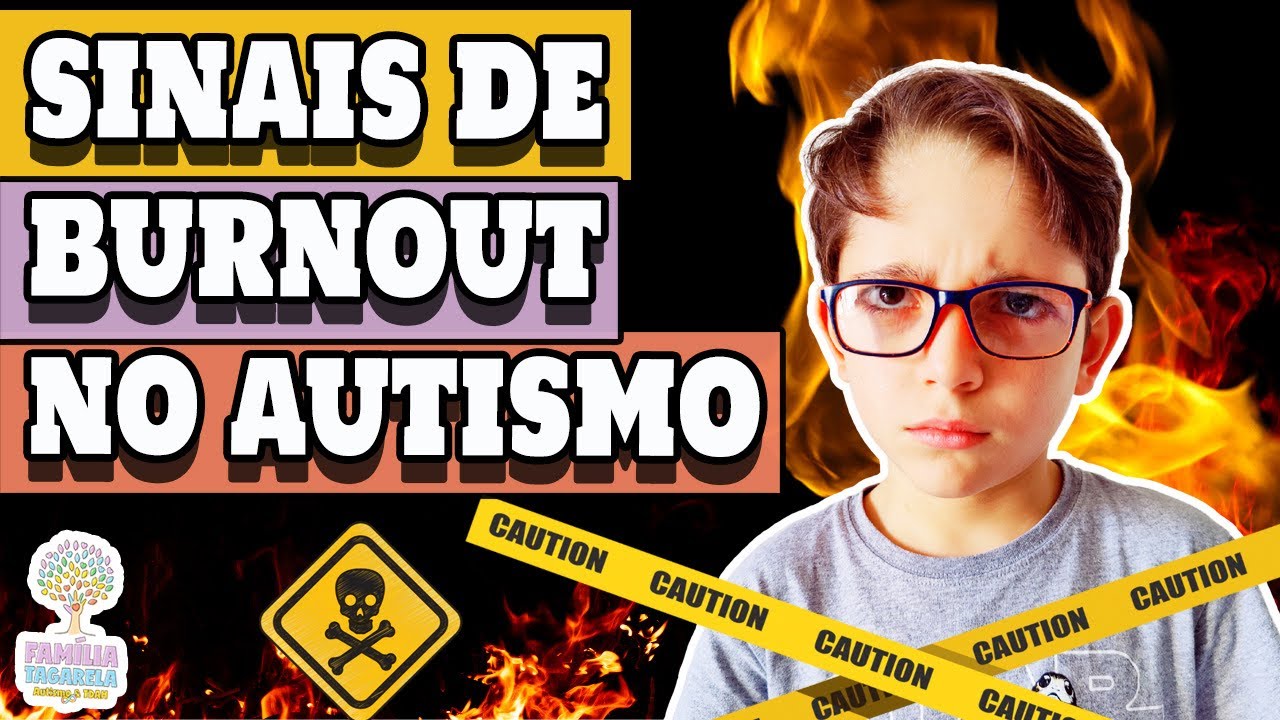Comment repérer le burn-out et y faire face
Summary
TLDRThe script discusses 'burnout,' a state of physical, mental, and emotional exhaustion caused by chronic stress, often resulting from an imbalance between work demands and resources. It differentiates burnout from depression, noting that while burnout can be treated and resolved within two months, depression requires longer-term care. The script also touches on the debate surrounding burnout's status as an occupational disease in France and its financial implications for affected workers.
Takeaways
- 🔍 Burnout is defined as physical, mental, and emotional exhaustion caused by chronic stress.
- 🏥 Originally, burnout was used to describe people working in social and health fields but has since expanded to all types of employment.
- 📉 Burnout results from a prolonged imbalance between stressors like overwork or lack of recognition and resources needed to recover.
- 🕒 Symptoms of burnout can last for six months or more and are similar to those of depression.
- 🤔 Burnout differs from depression in that it can potentially be treated and resolved within two months with proper intervention.
- 💊 Treatment for burnout may not require medication, unlike depression, which often does.
- ⚠️ If left untreated, burnout can lead to depression, requiring longer and more intensive care.
- 🏢 In France, burnout is not commonly recognized as an occupational disease, and related sick leaves are treated like regular illnesses.
- 💼 If burnout were recognized as an occupational disease, compensation would be managed by the workers' compensation system, funded by employer contributions.
- 🤝 There is ongoing debate about the status of burnout as an occupational disease, with social partners not yet reaching a consensus.
Q & A
What is burnout?
-Burnout, or professional exhaustion syndrome, is a state of physical, mental, and emotional exhaustion caused by chronic stress that lasts for six months or more. It results from an imbalance between stressors like overwork or lack of recognition and the resources needed to recover, such as good relationships with colleagues or a sense of purpose in work.
How is burnout different from depression?
-While burnout and depression share similar symptoms, burnout is specifically related to work stress and can potentially be treated and resolved within two months with proper rest. Depression, on the other hand, typically requires longer treatment and often involves medication and psychological support.
What are the consequences of burnout if left untreated?
-Untreated burnout can lead to severe consequences such as depression, which requires more extensive and prolonged care. In extreme cases, both burnout and depression can lead to suicidal thoughts.
Is burnout recognized as a professional disease in France?
-As of the information provided, burnout is not generally considered a professional disease in France. Therefore, sick leaves due to burnout are treated as regular illnesses by the primary health insurance fund.
What would change if burnout were recognized as a professional disease?
-If burnout were recognized as a professional disease, its indemnification would be handled by the branch of work accidents and professional diseases, financed by employer contributions. This could result in larger compensation amounts for the affected individuals.
What are some strategies to prevent or recover from burnout?
-Strategies to prevent or recover from burnout include working on interesting and meaningful projects, improving work-life balance, seeking recognition and support from colleagues and management, and taking adequate rest and recovery periods.
What are the signs of burnout?
-Signs of burnout are similar to those of depression and can include chronic fatigue, loss of motivation, cynicism, reduced performance, and a sense of ineffectiveness or lack of accomplishment.
How does the lack of recognition contribute to burnout?
-Feeling undervalued or unrecognized by management can lead to a lack of motivation and a sense of futility, which are significant contributors to burnout.
What role does the work environment play in the development of burnout?
-A work environment with high stress, excessive workload, and poor support systems can contribute to the development of burnout by creating a constant state of stress without adequate opportunities for recovery.
Why is there a debate about burnout being a professional disease?
-The debate arises because recognizing burnout as a professional disease could lead to different compensation and treatment protocols, potentially increasing costs for employers and the healthcare system. There is also disagreement about the specific criteria and diagnostic process for burnout.
How can an individual know if they are experiencing burnout?
-An individual might be experiencing burnout if they consistently feel exhausted, overwhelmed, and unable to recover from work-related stress, even after time off. It's also characterized by a loss of enthusiasm for work and a decline in personal accomplishment.
Outlines

This section is available to paid users only. Please upgrade to access this part.
Upgrade NowMindmap

This section is available to paid users only. Please upgrade to access this part.
Upgrade NowKeywords

This section is available to paid users only. Please upgrade to access this part.
Upgrade NowHighlights

This section is available to paid users only. Please upgrade to access this part.
Upgrade NowTranscripts

This section is available to paid users only. Please upgrade to access this part.
Upgrade NowBrowse More Related Video

If You Feel Exhausted All the Time, Watch This (Compilation)

EPIDEMIA DE BURNOUT ATACA O BRASIL! VOCÊ SABE O QUE É ISSO?

Under pressure: Medical school burnout

Burnout Vs. Depression - How To Tell the Difference

5 Tools to Help "Fix" Creative Burnout

BURNOUT NO AUTISMO: Sinais e Sintomas de Sobrecarga em AUTISTAS
5.0 / 5 (0 votes)